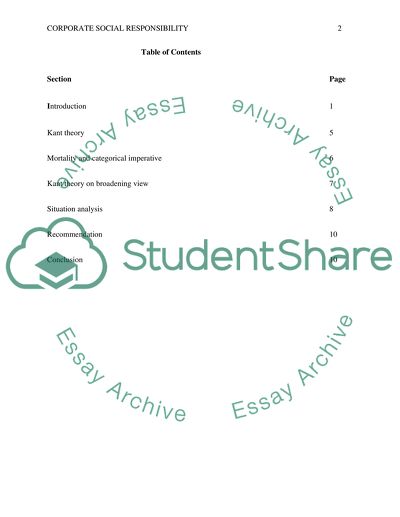Cite this document
(“Ethics, Sustainability & Culture Essay Example | Topics and Well Written Essays - 2500 words”, n.d.)
Retrieved from https://studentshare.org/miscellaneous/1673471-ethics-sustainability-culture
Retrieved from https://studentshare.org/miscellaneous/1673471-ethics-sustainability-culture
(Ethics, Sustainability & Culture Essay Example | Topics and Well Written Essays - 2500 Words)
https://studentshare.org/miscellaneous/1673471-ethics-sustainability-culture.
https://studentshare.org/miscellaneous/1673471-ethics-sustainability-culture.
“Ethics, Sustainability & Culture Essay Example | Topics and Well Written Essays - 2500 Words”, n.d. https://studentshare.org/miscellaneous/1673471-ethics-sustainability-culture.


